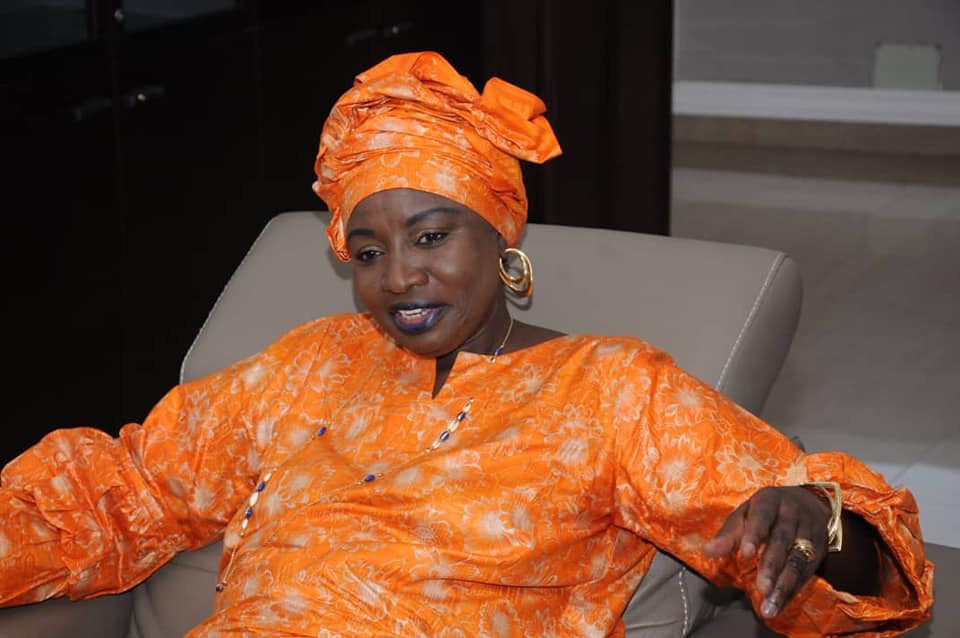Senegal’s former prime minister Aminata Toure, now a leading opposition figure, was arrested on Sunday in Dakar at a protest against the postponement of the presidential election, opposition deputy Guy Marius Sagna said.
“I confirm that Aminata Toure has been arrested by the gendarmes,” he told Agence France-Presse. Toure was appointed prime minister by President Macky Sall before joining the opposition.
Senegalese security forces had used tear gas and made high-profile arrests as pockets of protests broke out in the capital Dakar on Sunday, Reuters reporters said.
President Sall announced on Saturday the vote would be delayed to an unspecified date after a dispute over the candidate list – a move some opposition and civil society groups have denounced as an “institutional coup”.
In an early sign of resistance against the postponement on the streets, groups of protesters blocked traffic at various points along a main thoroughfare in Dakar with makeshift barricades of burning tyres.
In one area, around 200 people retreated into side streets after police in riot gear fired tear gas and started detaining protesters.
At least two opposition presidential candidates were swept up in the chaos. In an online post, candidate Daouda Ndiaye said he was attacked by police, and the campaign manager of Anta Babacar Ngom told Reuters she had been detained by security forces.
“President Macky’s exit slip is now marked with the seal of this unprecedented democratic regression,” Toure posted on Saturday in response to the postponement.
The police did not immediately reply to a request for comment.
Further protests are planned outside parliament on Monday.
Senegal on Sunday suspended the signal of a private television channel for “incitement to violence” over its coverage of the street protests, a senior figure in the communications ministry said.
The ministry, with the agreement of the broadcasting regulator the CNRA, had ordered Walf TV off the air temporarily, said ministry director Ousseynou Dieng.
Senegal has never delayed a presidential vote and uncertainty about what happens next threatens to fuel further unrest like the deadly protests of recent years that have tarnished its reputation as one of West Africa’s most stable democracies.
After Sall’s televised announcement, the Economic Community of West African States (ECOWAS) expressed concern about the circumstances that led to the postponement and called for a new election date to be set quickly.
The French foreign ministry on Sunday also urged the authorities “to remove the uncertainty surrounding the electoral timetable, so that the elections can be held as soon as possible and in compliance with the rules of Senegalese democracy”.
